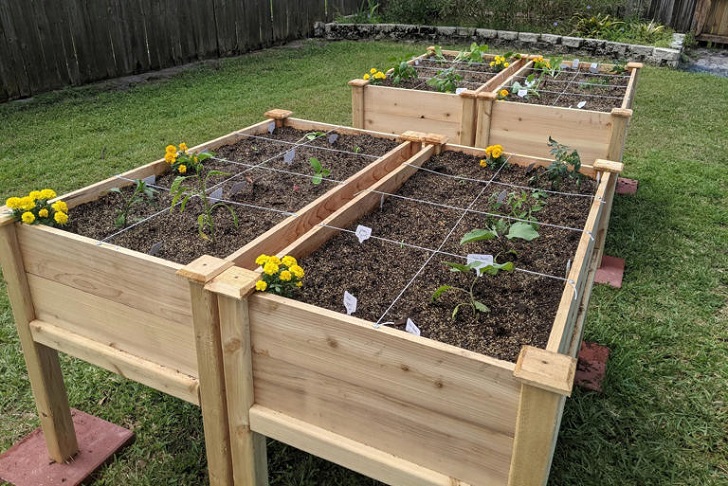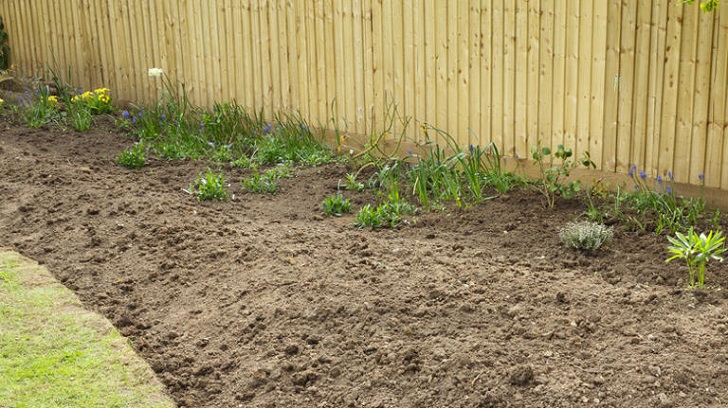When it comes to gardening, efficiency is key. Whether you're a seasoned green thumb or just getting started, finding ways to save time without sacrificing results is invaluable. With these smart time-saving tips, you can easily tackle your gardening tasks and maximize your time spent outdoors.
7 Genius Time-Saving Gardening Tips
1. Choose Low-Maintenance Plants
One of the most effective time-saving tips is selecting plants that require minimal care. Opt for native plants that are well-adapted to your local climate and soil. These species need less water, fertilizer, and overall maintenance, allowing you to spend less time on upkeep. Hardy perennials are also a great option, as they return year after year with little intervention.
2. Mulch for Less Weeding and Watering
Mulching your garden beds is a simple yet powerful technique for reducing time spent on weeding and watering. A thick layer of mulch helps retain soil moisture, reducing the need for frequent watering while also suppressing weeds. Organic mulches, like bark or compost, gradually break down and improve soil health. Apply a 2-3 inches layer around your plants for maximum effectiveness.
3. Automate Your Watering System
A smart irrigation system can be a game changer when it comes to saving time in the garden. Drip irrigation or soaker hoses allow water to go directly to the roots, where it’s needed most, reducing waste. You can even add a timer to automate watering schedules, ensuring that your plants stay hydrated without constant supervision. This not only conserves water but also frees up time for other tasks.
4. Use Raised Beds to Minimize Labor
Raised garden beds offer multiple time-saving benefits. They allow you to control the soil quality more effectively, reduce the need for bending or kneeling, and minimize weed intrusion. Raised beds also warm up faster in the spring, which can extend your growing season. With fewer weeds and better soil conditions, you’ll spend less time tending to the basics and more time enjoying your garden.

Amy Grisak | MSN | Raised Garden beds allow you to control the soil quality more effectively, reduce the need for bending or kneeling, and minimize weed intrusion.
5. Plant in Groupings to Maximize Space
Planting in clusters or groupings can significantly reduce the time you spend maintaining your garden. By planting compatible species together, you create a micro-environment that can support healthier plants. Groupings also help shade out weeds and conserve moisture, leading to less watering and weeding. Additionally, it’s easier to care for plants when they are all in one area rather than spread out across different zones.
6. Embrace Companion Planting
Companion planting involves growing certain plants together to enhance their growth, repel pests, or improve flavor. This method can save time by reducing the need for chemical pest control or extra fertilizing. For example, planting marigolds next to tomatoes helps deter harmful insects, while basil can improve the flavor of nearby vegetables. Companion planting fosters a natural balance, helping you work smarter, not harder.
7. Invest in Quality Tools
The right tools make all the difference when it comes to gardening efficiently. Invest in durable, high-quality tools that can handle heavy use. A sharp pair of pruning shears, a sturdy garden fork, and a reliable wheelbarrow are essentials that can streamline your efforts. Taking the time to maintain your tools—cleaning and sharpening them regularly—will also help prevent frustration and speed up tasks.





